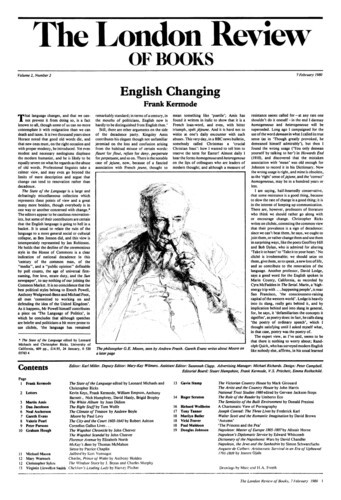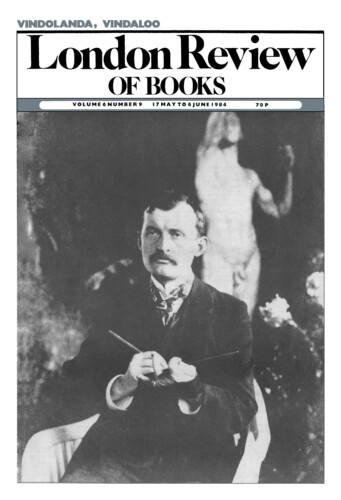Cornelius Gallus lives
Peter Parsons, 7 February 1980
Waste-paper is rubbish; ancient waste-paper is scholarship. Most of Greek and Latin literature disappeared without trace in the Dark Ages; what survived in manuscript was printed and so perpetuated at the Renaissance; since then the texts remain constant, while the commentaries multiply. But there is one source that produces new material rather than novel opinions; and that is the salvage of the Egyptian Greeks. The dry sand of Egypt preserves a mass of litter, the books and papers of Greek-speaking settlers and their Roman masters; these fragments, deciphered and published by papyrologists, make their special contribution to the immortalité mouvante of the classics. Each year turns up surprises on papyrus: Archilochus and his Lolita, the prosy Jocasta of Stesichorus, Menander’s love-lorn mercenary, the rococo exercise in rustic chic which Callimachus created from the story of Heracles and the Nemean Lion. This year’s surprise is more surprising than most: a snippet from the most glamorous missing link in Latin literature.





